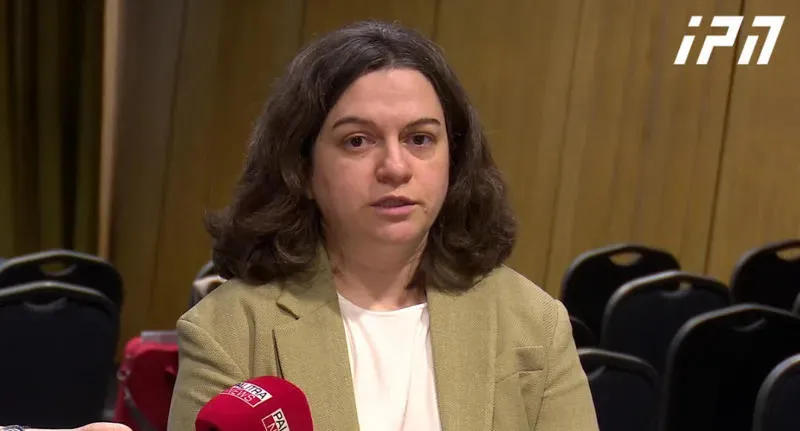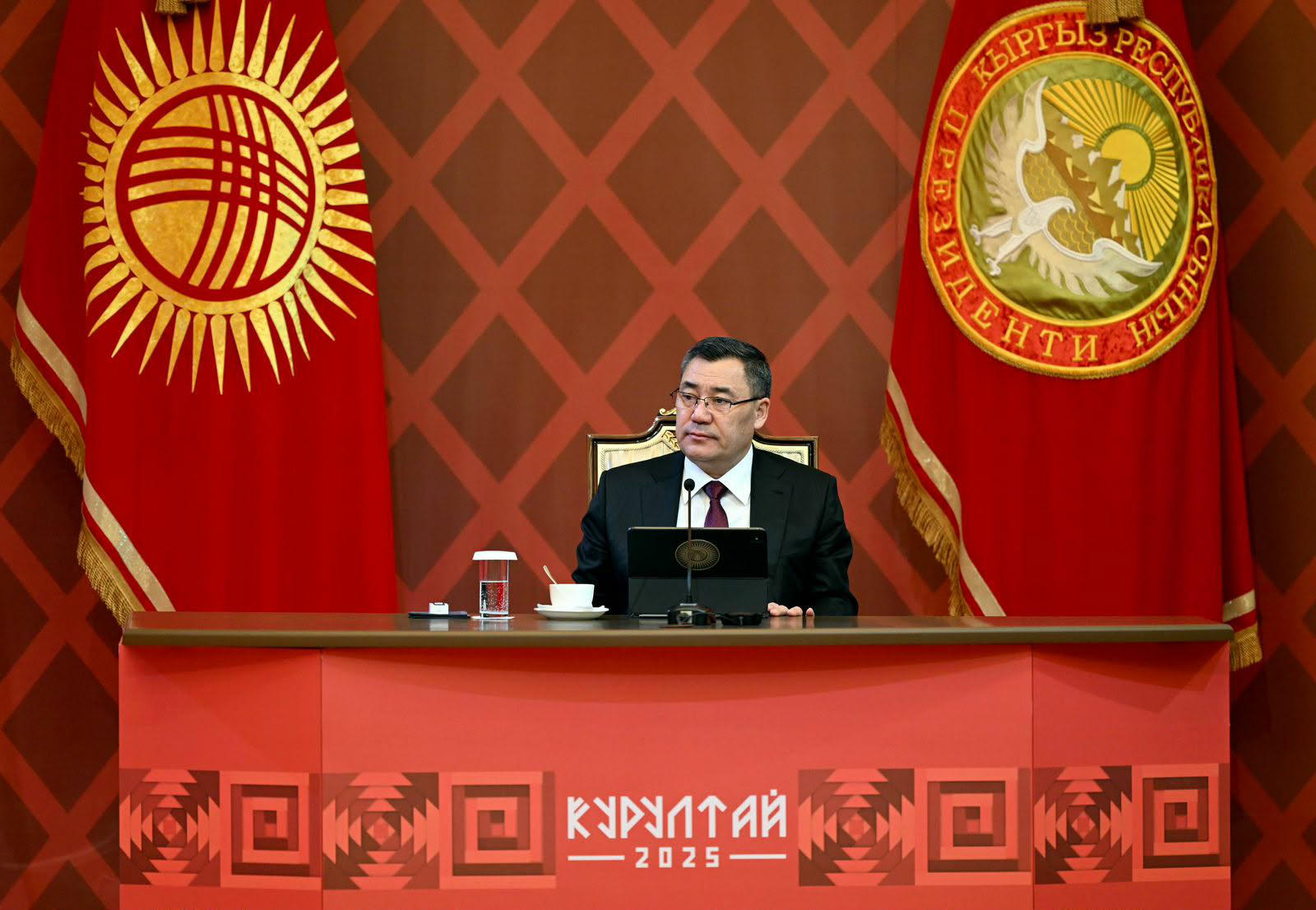Nona Qurdovanidze: With the amendments introduced to the 'Code of Administrative Offenses' in the third reading, the grounds for administrative detention have been expanded

According to Nona Qurdovanidze, Chairperson of the "Georgian Young Lawyers’ Association," the amendments introduced to the "Code of Administrative Offenses" in the third reading on December 13 have expanded the grounds for administrative detention.
Qurdovanidze also stated that sanctions have been tightened on many provisions often used to restrict the right to assembly.
"Now, a person can be detained for the following reasons:
- To ensure their timely appearance in court—regardless of whether they voluntarily refuse to attend court;
- To prevent the repeated commission of an administrative offense—meaning that individuals who have already been convicted of an administrative violation by a court can be detained by the police in the future simply to prevent them from committing a violation again.
On these same grounds, personal searches, inspection of belongings, and the confiscation of items and documents are now permitted. Additionally, sanctions have been tightened on many provisions that are often used to restrict the right to assembly," Qurdovanidze wrote.


